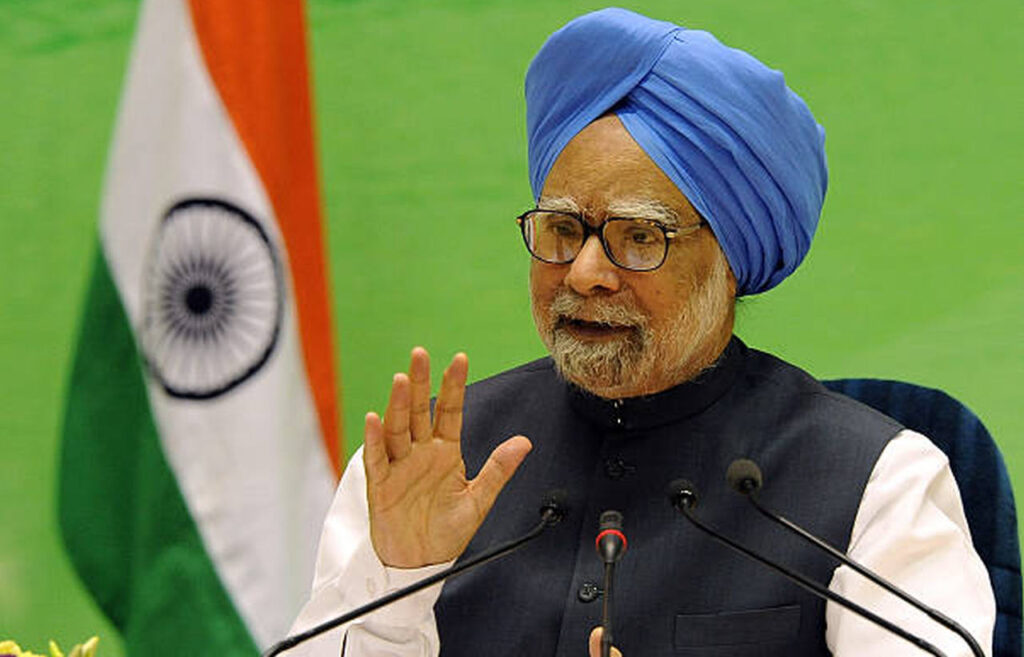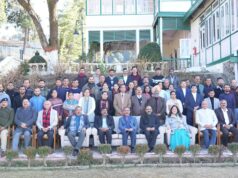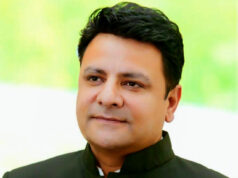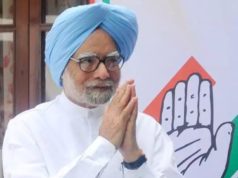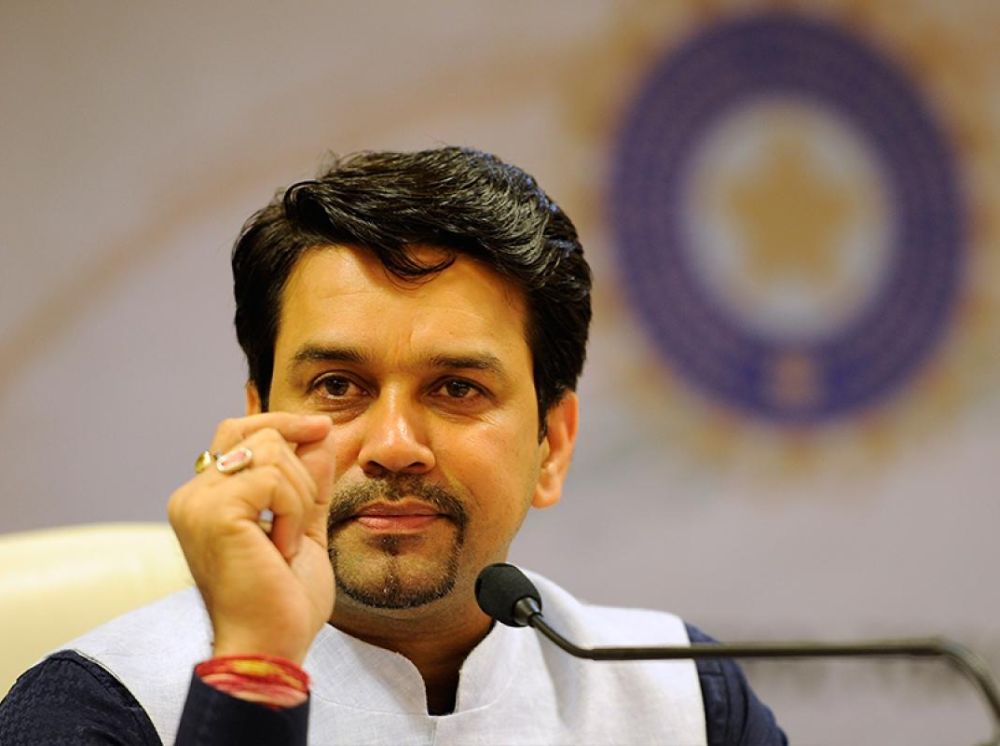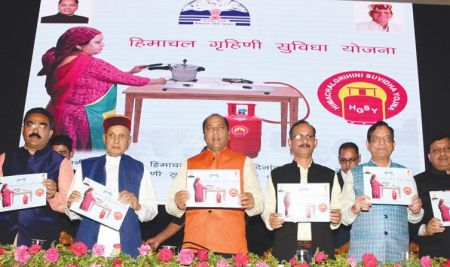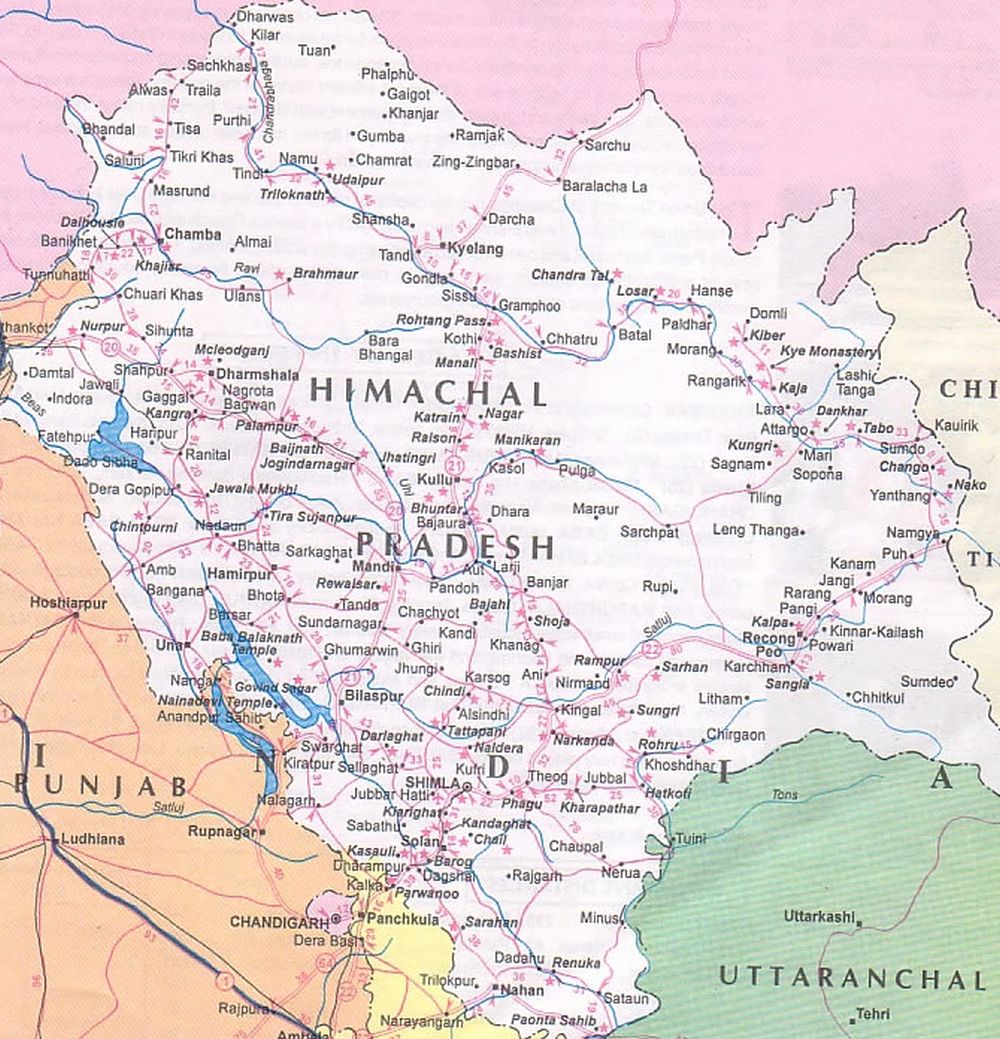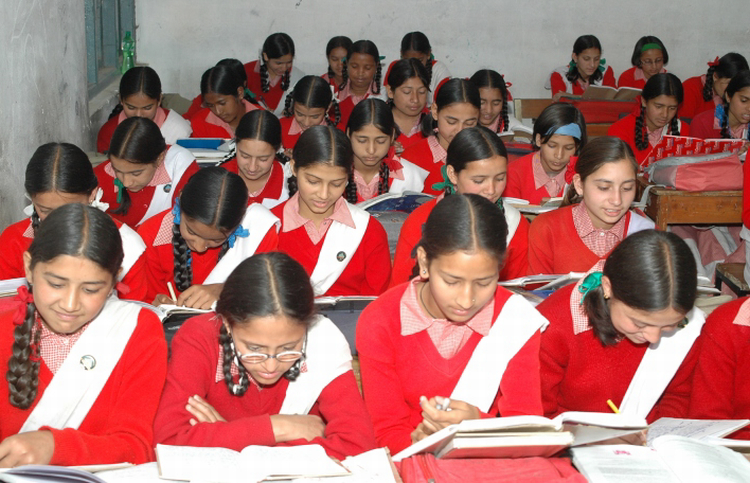Today, the nation mourns the loss of one of its most distinguished leaders, Dr. Manmohan Singh, who passed away at the age of 91. Revered as the architect of modern India’s economic transformation and celebrated for his unwavering dedication to public service, Dr. Singh’s life was a testament to the power of intellect, humility, and perseverance.
His leadership not only reshaped India’s economy but also left an enduring impact on global diplomacy and governance. A statesman par excellence, Dr. Singh’s legacy transcends political boundaries, making him a figure of respect and admiration across the world.
Dr. Manmohan Singh was born on September 26, 1932, in Gah, a small village in present-day Pakistan. His childhood was marked by the partition of India in 1947, which forced his family to migrate to Amritsar, Punjab. Despite these hardships, Dr. Singh excelled academically and laid the foundation for an illustrious career.
After completing his early education in Punjab, he pursued his higher studies at Panjab University, where he earned a bachelor’s and master’s degree in Economics. His quest for knowledge took him to the University of Cambridge, where he earned a degree in Economics in 1957, and later to the University of Oxford, where he obtained a DPhil in Economics from Nuffield College in 1962. His academic rigor and intellectual brilliance were evident early on, earning him recognition as a scholar of global repute.
Academic and Bureaucratic Career
Before stepping into politics, Dr. Singh built a remarkable career as an economist and bureaucrat. He worked with the United Nations Conference on Trade and Development (UNCTAD) and later held several key positions in the Government of India, including Chief Economic Advisor (1972-1976), Secretary in the Finance Ministry, and Deputy Chairman of the Planning Commission.
Dr. Singh’s scholarly contributions to economics included seminal work on trade, development, and fiscal policy. His expertise in global trade and his commitment to equitable growth earned him widespread respect among policymakers and academics alike.
The Architect of India’s Economic Reforms
Dr. Singh’s most significant contribution to India’s history came in 1991 when he was appointed as the Finance Minister in the government of Prime Minister P. V. Narasimha Rao. At that time, India was grappling with a severe economic crisis, with dwindling foreign reserves, a burgeoning fiscal deficit, and a balance-of-payments crisis.
Under his stewardship, India embarked on a path of economic liberalization that transformed the country’s economy. Dr. Singh introduced a series of reforms, including the dismantling of the License Raj, reduction of import tariffs, deregulation of industries, and opening up the economy to foreign investment. His iconic budget speech in 1991, where he quoted Victor Hugo, “No power on Earth can stop an idea whose time has come,” signalled a new era for India.
The reforms not only stabilized the economy but also laid the groundwork for India’s emergence as a global economic powerhouse. Today, these changes are credited with spurring decades of economic growth, creating millions of jobs, and lifting millions out of poverty.
Political Career and Tenure as Prime Minister
Dr. Singh entered politics in 1991, becoming a member of the Rajya Sabha, the Upper House of Parliament. Over the years, he established himself as a leader of impeccable integrity and a consensus builder.
In 2004, following the United Progressive Alliance’s (UPA) electoral victory, Dr. Singh was chosen as India’s 13th Prime Minister, a position he held for two consecutive terms until 2014. He was the first Sikh to occupy the office of Prime Minister, a moment of immense pride for the Sikh community and a testament to India’s pluralistic democracy.
During his tenure, Dr. Singh oversaw significant achievements, including:
1. Economic Growth and Stability
Under his leadership, India’s GDP growth averaged around 8%, making it one of the fastest-growing economies in the world. His government’s policies fostered economic stability and growth, attracting record levels of foreign direct investment.
2. Social Welfare Initiatives
Dr. Singh championed inclusive growth through landmark social welfare programs. The Mahatma Gandhi National Rural Employment Guarantee Act (MGNREGA) employed millions in rural areas, while the Right to Education Act ensured free and compulsory education for children aged 6 to 14.
3. Nuclear Deal with the United States
One of Dr. Singh’s most significant diplomatic achievements was the Indo-US Civil Nuclear Agreement in 2008. Despite political opposition and the risk of his government’s collapse, he pursued the deal, which ended India’s nuclear isolation and facilitated access to civilian nuclear technology.
4. Rural Development and Infrastructure
Dr. Singh’s government prioritized rural development and infrastructure expansion. Projects like the Pradhan Mantri Gram Sadak Yojana (PMGSY) improved connectivity in rural areas, while urban infrastructure projects boosted economic activity in cities.
5. Environmental and Energy Reforms
Recognizing the importance of sustainable development, his administration promoted renewable energy initiatives and implemented policies to combat climate change, including the National Action Plan on Climate Change.
Legacy of Leadership
Dr. Manmohan Singh’s legacy extends far beyond his tenure as Prime Minister. His vision for a liberalized and globally integrated India transformed the country’s economic landscape and positioned it as a major player on the world stage. His focus on inclusive growth underscored the importance of bridging the gap between India’s urban and rural populations, ensuring that economic progress reached the most marginalized sections of society.
His leadership style—marked by humility, integrity, and a steadfast commitment to national welfare—set a benchmark for public service. Despite facing political challenges, he remained resolute in his pursuit of policies that were in the best interest of the nation. His role in advancing India’s technological and scientific capabilities, fostering global partnerships, and promoting sustainable development has left an enduring imprint on the nation’s progress.
Dr. Singh’s contributions to international diplomacy also solidified India’s reputation as a responsible global power. His advocacy for multilateralism and his efforts to strengthen ties with major economies demonstrated his strategic vision for India’s role in the world.
Awards and Recognitions
Dr. Singh’s extraordinary contributions to India and the world earned him numerous accolades. Among them was the Padma Vibhushan, India’s second-highest civilian award, in 1987, recognizing his exceptional service in public affairs. His intellectual brilliance and global stature led to honorary doctorates from prestigious universities, including Oxford and Cambridge, celebrating his profound impact on economics and governance. Furthermore, his inclusion in Time magazine’s list of the world’s 100 most influential people highlighted his role as a transformative leader on the global stage.
Despite his towering achievements, Dr. Singh led a life of simplicity. Married to Gursharan Kaur, he was a devoted family man and father to three daughters. His humility and dedication to public service were a source of inspiration to many.
Dr. Manmohan Singh’s demise marks the end of an era in Indian politics and economics. His vision, intellect, and integrity have left an indelible imprint on the nation. As India mourns the loss of one of its greatest statesmen, it is a moment to reflect on his unparalleled contributions to the country’s progress and prosperity.
His legacy as the architect of modern India’s economic transformation, a champion of inclusive growth, and a statesman of global stature will continue to inspire future generations. Dr. Singh’s life exemplifies the power of vision, resilience, and humility in shaping a nation’s destiny. His contributions will forever be remembered as a cornerstone of India’s journey toward becoming a vibrant, equitable, and prosperous democracy.


